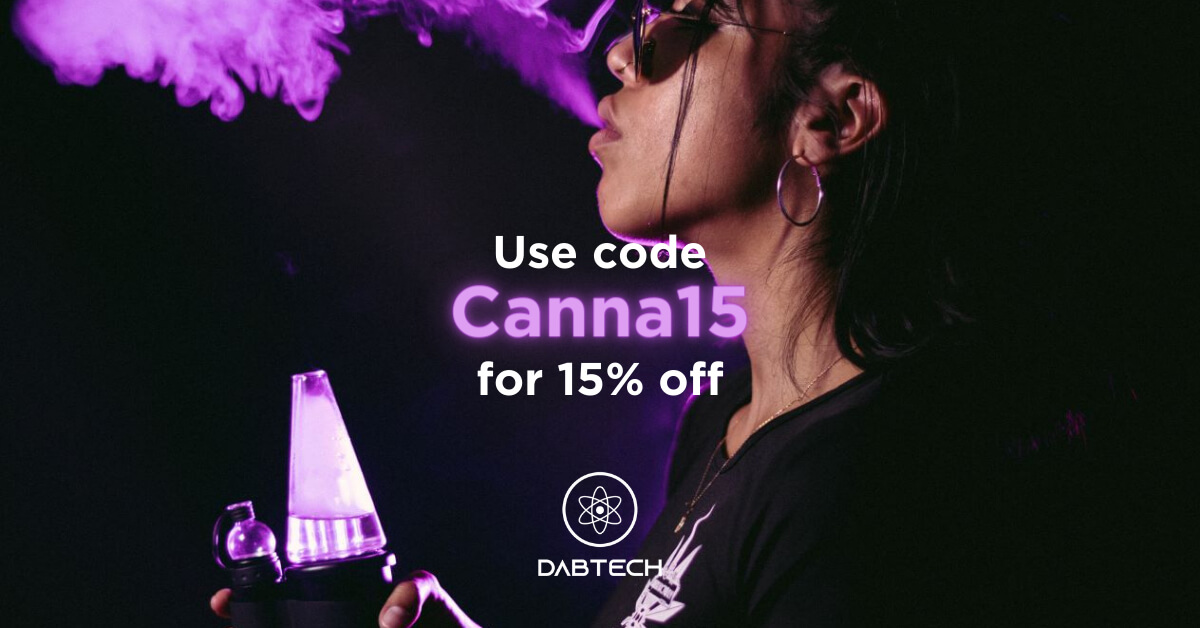After a two-and-a-half-year absence, medical cannabis oils are back in the Danish program, which should give this struggling device a boost.
After a strong start, with patient numbers reaching 2,000 in 2019, the program came to a halt after oil-based products supplied by state-owned Stenocare were pulled from the market.
With the number of patients down to around 1,500, it is expected to start rising again as people who prefer cannabis oil products can once again get their favorite drugs.
Stenocare CEO Thomas Skovlund Schnegelsberg says the new product is expected to be available to patients in the first quarter of this year, subject to international import and export certificates.
Extended trial period
He said: “This announcement reinforces our position as the first and only supplier of cannabis oils for the Danish pilot program. This underlines our position as the undisputed market leader in Denmark. »
The challenge for many patients in recent years is that only three products containing cannabis flowers have been approved by the Danish Medicines Agency (DMA) and made available to patients.
Products in the form of oil therefore offer a real method of administering medical cannabis to patients.
The oils’ readmission to the program also marks the start of a new four-year trial period and comes as new rules allow domestic companies to grow cannabis and produce cannabis-based medicines beyond. the end of the new trial period, in 2026.
Conor O’Brien, an analyst at Prohibition Partners, believes these developments will give a boost to patients who use medical cannabis in the Scandinavian country.
He said: “The release of Stenocare oils from the experimental program in Denmark had a big impact on the cannabis industry. Many patients started sourcing medical cannabis from magistral preparations (extracts and isolates prepared in pharmacies) or turned to pharmaceutical products like Epidiolex when it hit the market in 2020.”
Strict regulations
“However, many patients appear to have exited the legal cannabis market following the loss of cannabis oils from the pilot program, with patient numbers declining by more than 20% 12 months after the event. The reintroduction of the oils will be a welcome development for many patients in the country, although it remains to be seen how many patients will return to using these oils after switching to alternative treatments. »
The 2019 cannabis oil supply disruption is the result of Health Canada’s identification that several batches purchased by Stenocare from Canadian producer Canntrust were grown in unapproved facilities.
Health Canada then suspended parts of Canntrust’s license, which led to Stenocare ending its collaboration with Canntrust and stopping imports.
Mr Schnegelsberg said the number of patients rose rapidly from 300 to around 1,100 after the introduction of the oil-based products, which pushed Stenocare sales in the first five months of 2019 to 4 .4 MDKK (around €600,000).
No other oil-based products have been approved by the DMA in the meantime, and Stenocare is currently working with the DMA to get two more oil-based products approved for the pilot program: a CBD oil and a blended oil. THC-CBD.
Mr. Schnegelsberg added: “The Danish regulatory regime is recognized as being by far the most difficult to pass in Europe. We have only been able to achieve this thanks to the experience of our regulatory team and the ability of our supplier, AgMEDICA Bioscience, to meet the requirements of the Danish Medicines Agency. »






